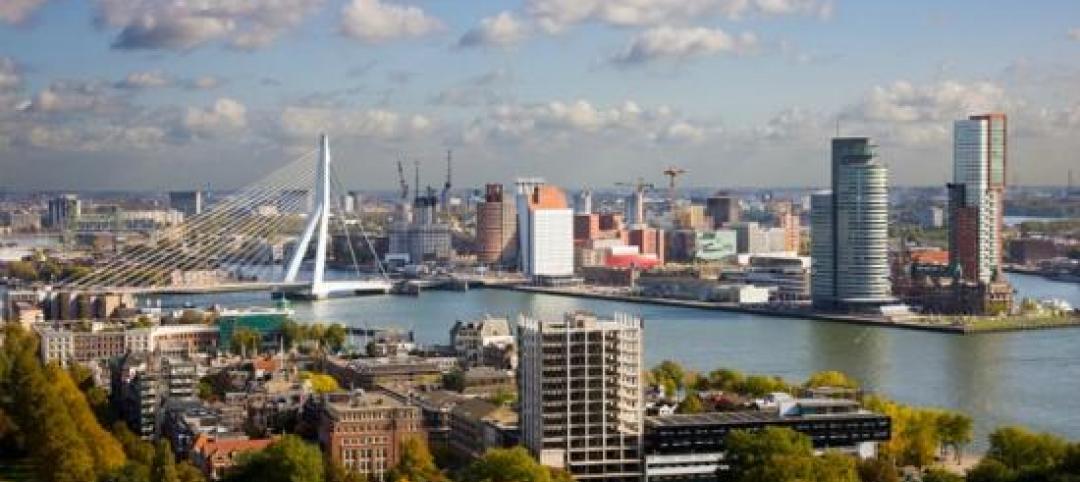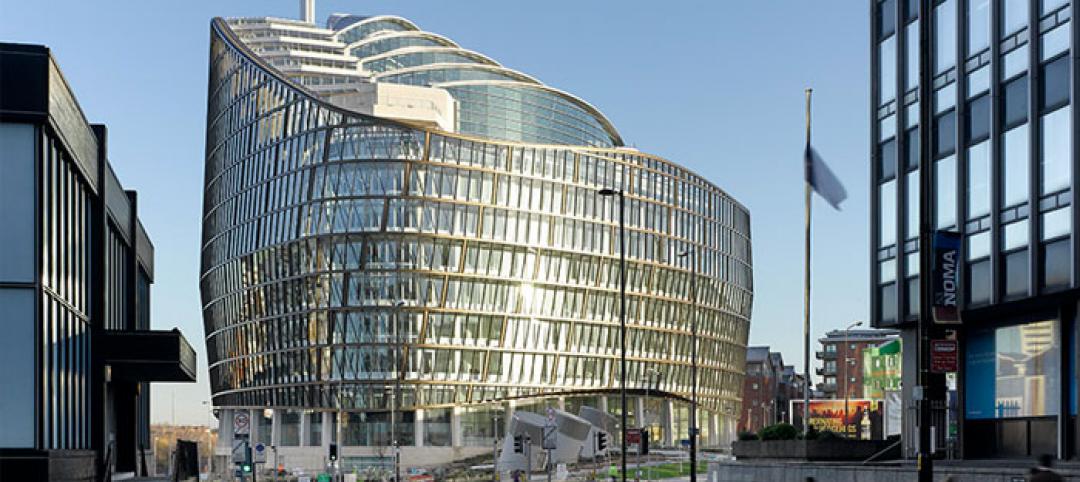The 2015 International Green Construction Code (IgCC) will include the option to use an outcome-based approach when complying with local building energy codes, the first time the IgCC has allowed this method.
Previously, building energy codes relied on two main pathways to demonstrate compliance: performance (modeling energy consumption), and prescriptive measures (following code-defined values for individual building components). Both approaches fail to fully account for how buildings use power once they are completed, occupied, and maintained, according to the Institute for Market Transformation (IMT).
The new provision will help communities to ensure energy-efficient buildings are meeting performance expectations. The outcome-based approach requires the building owner to provide the building’s utility bills for a 12-month period within three years. This will ease pressure on code departments and align with the growing number of energy benchmarking regulations across the country, IMT says.
The decision to include an outcome-based pathway in the 2015 IgCC will directly influence future editions of the IgCC and other codes such as the Energy Conservation Code. This should smooth the process of including ASHRAE Standard 189.1 and the LEED green building program into the development of the IgCC, IMT says.
(http://www.imt.org/news/the-current/outcome-based-pathway-is-voted-into-the-2015-igcc)
Related Stories
| Dec 4, 2013
Rotterdam resiliency policies include floating neighborhood
The low-lying city of Rotterdam in the Netherlands is a world leader in storm resiliency with policies that impact businesses, private homes, and public infrastructure.
| Dec 4, 2013
Meet the 'world's greenest building': One Angel Square
The 500,000 sf, 14-story One Angel Square in Manchester, England, is being promoted as "the most environmentally-friendly building in the world."
| Dec 3, 2013
Architects urge government to reform design-build contracting process
Current federal contracting laws are discouraging talented architects from competing for federal contracts, depriving government and, by inference, taxpayers of the best design expertise available, according to AIA testimony presented today on Capitol Hill.
| Nov 27, 2013
ASHRAE data center standard open for public review
Standard 90.4P, Energy Standard for Data Centers and Telecommunications Buildings, is being developed in response to requests to recognize the energy performance profiles unique to data centers.
| Nov 27, 2013
Ohio legislators move to ban use of LEED on public construction
Two Ohio state senators have introduced legislation that seeks to ban the use of LEED in public construction.
| Nov 27, 2013
ASTM issues revised standard on phase I environmental site assessments
ASTM has issued revised standard ASTM E1527-13 that governs phase I environmental site assessments.
| Nov 27, 2013
Vancouver, B.C., bans doorknobs in building code update
The goal of making it easier for people to age in place led to amendments to Vancouver, B.C.’s building code including banning doorknobs in favor of lever handles.
| Nov 22, 2013
Kieran Timberlake, PE International develop BIM tool for green building life cycle assessment
Kieran Timberlake and PE International have developed Tally, an analysis tool to help BIM users keep better score of their projects’ complete environmental footprints.
| Nov 20, 2013
WDMA receives final approval on code amendments
The Window and Door Manufacturers Association (WDMA) was granted final approval of several amendments it proposed to the 2015 editions of the International Residential Code (IRC), International Energy Conservation Code (IECC), and International Existing Building Code (IEBC).
| Nov 20, 2013
Safe Jobs Act would provide more protection for New York City construction workers
Legislation that would require safety training for construction workers on public projects in New York City has been introduced to the City Council.











